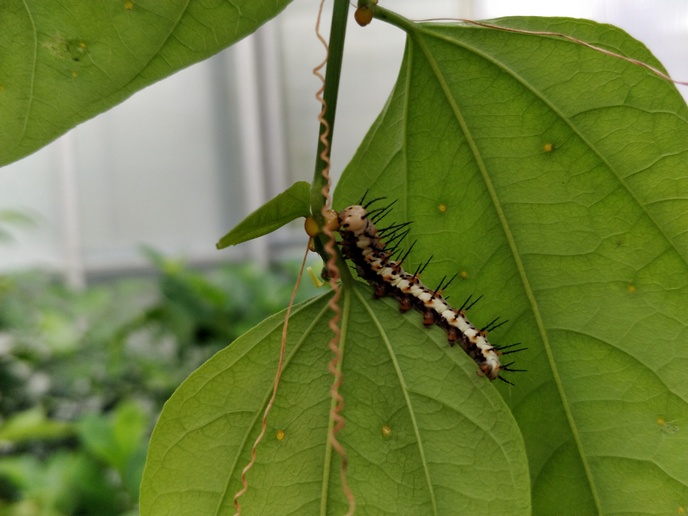Plant cell death research could benefit crop development
Programmed cell death (PCD)(opens in new window) is a process fundamental to the development and health of all multicellular organisms. In animals, PCD balances the number of cells in organs, helps to delete tissues that are no longer needed, and eliminates infected or cancerous cells. “As defects in PCD regulation can lead to severe human diseases, animal PCD mechanisms are comparatively well studied,” explains PROCELLDEATH(opens in new window) project coordinator Moritz Nowack, professor at the VIB-UGent Center for Plant Systems Biology(opens in new window) in Belgium. “Plants however have also evolved forms of PCD that are crucial for their development and immune responses. It is no overstatement to say that plants as we know them could not exist without programmed cell death.” Despite its importance as a fundamental developmental principle however, we still know little about PCD in plants. “PCD is a very rapid process that often leaves few traces,” notes Nowack. “The existence and active regulation of many developmental PCD types have been realised only recently. As a consequence, plant PCD research is still a scientific frontier off the beaten track.”
The root of the matter
The PROCELLDEATH project was launched in 2015, to better understand the role that PCD plays in plant development. Nowack believes that this could help scientists to devise new strategies to render crop plants more resilient to environmental stresses. This is especially relevant in light of climate change. “Prior to this project, we discovered a cell death process in the root cap of the model plant Arabidopsis thaliana,” adds Nowack. “Situated at the periphery of the growing root tip, root cap cell death serves to dispose of old root cap cells.” Nowack wanted to build on this work by looking for cellular signals and mechanisms that control PCD execution at precisely the right moment. To achieve this, a combination of cutting-edge approaches including plant genetics, live-cell imaging and genome editing(opens in new window) were used. Using these techniques, Nowack and his team were able to identify specific PCD-associated target genes that are regulated by key transcription factors. These factors are able to switch on PCD programmes, not only in the root cap, but in basically any plant cell. “We also developed CRISPR-TSKO(opens in new window), an approach to mutate these target genes in such a way that it doesn’t interfere with root or plant development in general,” he says.
Sustainable solutions
PROCELLDEATH could open the door to new agricultural applications. “We have collaborated with a major US-based seed company to investigate the possibility of delaying PCD during plant reproduction,” notes Nowack. “This would help to stabilise seed yield.” Translating results into agricultural applications however is not straightforward due to legal restrictions on the targeted improvement of crops. Nonetheless, a risk assessment strategy could allow the results to more directly contribute to agricultural practices. “I would like our work to contribute to the development of new crop varieties,” he says. “This could help to ensure food security and improve environment protection by using natural resources in a sustainable manner.” In any case, the work has provided a critical boost for European research. “We are now in pole position to tackle the most challenging aspect of cell death research – identifying the actual mechanisms used to actively terminate cell function in a controlled fashion during plant PCD,” adds Nowack. “These results will also contribute to an appreciation of PCD as a fundamental mechanism in plant development and attract more plant biologists to study this fascinating process.”







